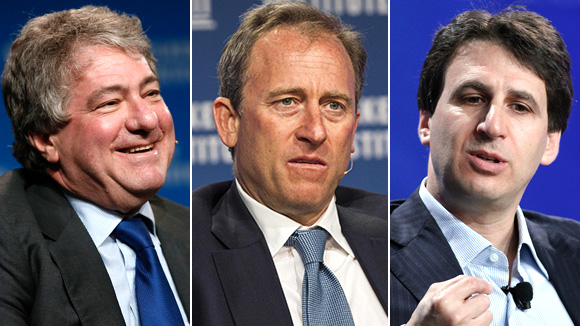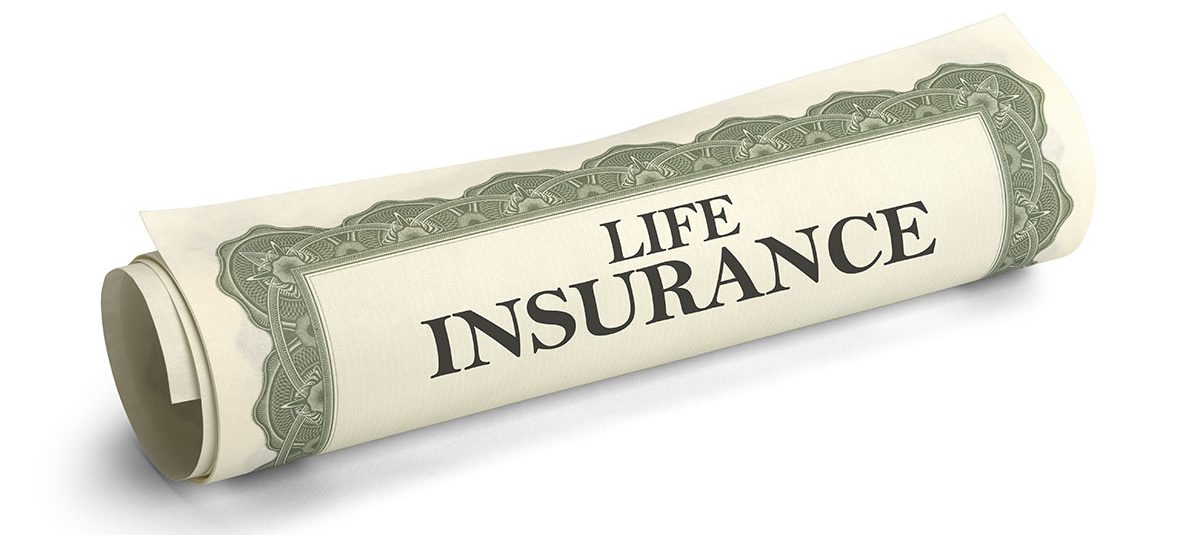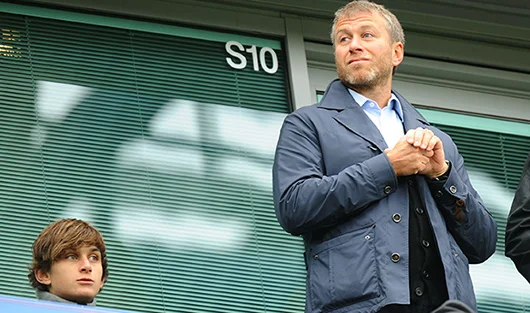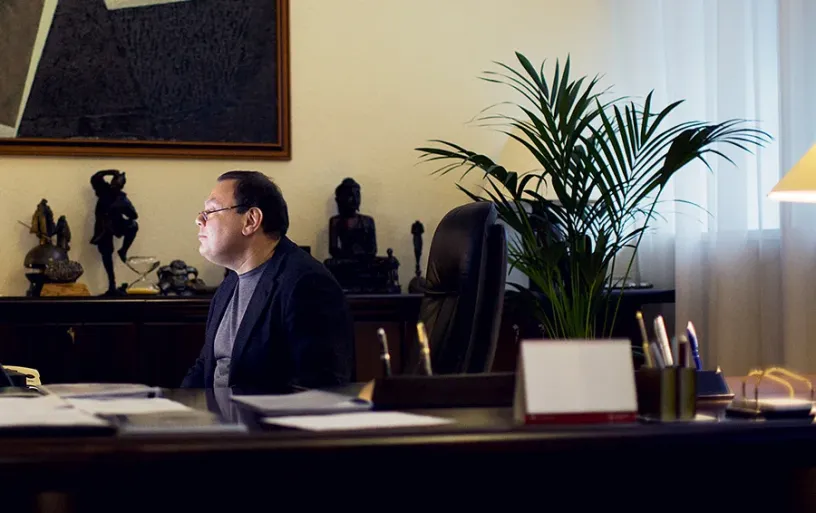Leonard Blavatnik invested more than $2 billion in LyondellBasell, a company that had survived bankruptcy. How did an American billionaire with Soviet roots make a fantastic $8 billion on the deal?
In November 2013, Apollo Global Management, a prominent financial firm run by billionaires Leon Black, Mark Rowan and Joshua Harris, closed one of the most lucrative deals in private equity history.
“Why would you buy?”

We’re talking about the sale of shares of petrochemical LyondellBasell. On the sale of securities in several stages, Apollo shareholders earned billions of dollars. They had no reason to doubt in phenomenal success of the deal: by all parameters LyondellBasell became gold mine for investors. This company with headquarters in Rotterdam and large subdivision in Houston, producing goods made of plastic and dealing with oil refining in 2008 attracted from Apollo $2 billion. The investment was repaid six times: the profit made $12 billion. The yield of the largest Apollo fund soared to 30% per annum. A staggering result, especially considering the conditions of post-crisis Wall Street. Apollo rapidly climbed to the top of the private equity industry and IPO’d on a wave of success. Today, the company is worth $10.5 billion. Its shareholders, Harris and Black, earned $397 million and $546 million in 2013, respectively.
But now Apollo’s founders are looking for a target for a new superdeal. And LyondellBasell continues to generate profits for another famous billionaire investor, Soviet-born and former TNK-BP shareholder Leonard (Len) Blavatnik. In 2013, he spent $575 million to buy 8.5 million shares of LyondellBasell from Apollo. With this, Blavatnik demonstrated: he still believes in the investment, on which he has already earned billions of dollars and become one of the richest people on the planet.
“The argument against it sounds simple: if Apollo is selling, why should you buy? – the billionaire reasoned in a rare Forbes interview. – Before buying every new LyondellBasell share, people around me tried to convince me that it was a mistake and that I should part with the papers, not build up the stake.
But the naysayers were shamed. Since Blavatnik bought the last tranche of shares from Apollo, LyondellBasell has soared by more than 50%. There are few examples in Wall Street history comparable in profitability to this case. LyondellBasell investors earned a 500% profit on the stock after a four-year bankruptcy proceeding. And 57-year-old Blavatnik is deservedly the primary beneficiary of the incredible market spurt. He was with the company at its inception through the merger of Basell and Lyondell Chemical, he went through the bailout process with it, he made a risky bet at a time of uncertainty, personally investing $2.37 billion in the asset.
Now his investment is estimated more than $10 billion, i.e. thanks to LyondellBasell Blavatnik earned $8 billion.
According to Forbes estimates, this is the most profitable deal of an individual investor in history.
Although Blavatnik’s name appears in news summaries more often because of his interest in media (billionaire owns legendary Warner Music studio and share in headphones manufacturer Beats Electronics, bought by Apple), other assets of businessman pale on the background of LyondellBasell. It is the Dutch-American company was the driver of the growth of his fortune. At the moment it is estimated more than $20 billion. Blavatnik climbed to the 33rd line in the ranking of the richest people in the world – and it seems this is not the limit.
“He pulled off a historic transaction,” Mark Apley, managing director of Nomura Private Equity at the bank, is not shy about epithets. Harvard Business School finance professor Stuart Gilson agrees: “The deal turned out to be incredibly profitable in terms of returns for investors. But it looks even more remarkable when you remember the conditions of 2008: it seemed that the world had come to an end, and that any risk was tantamount to madness.
Blavatnik, who through his holding company Access Industries controls 16% of LyondellBasell, is hopeful that the petrochemical giant’s stock has not yet exhausted its upside potential. “For now, I’m confident and proud of my investment decisions,” the billionaire says. – But it’s hard to say when my luck will turn around.
Through thorns to billions
When the investment memorandum of Dutch polypropylene producer Basell first appeared in Blavatnik’s hands, the businessman noticed the number 64 on the first page of the document. That meant that 63 bidders were already considering investments in the company. Why get into such a competitive battle? – The businessman was dissuaded from the deal by his aides. But the billionaire did not listen – he dreamed of building a global petrochemical business empire, and Basell seemed an ideal springboard to conquer the world.
Born in Ukraine, raised in Russia and emigrated to the US in 1978 at the age of 21, Blavatnik earned an MBA from Harvard, and made his first capital in joint projects in the oil and aluminum industry with a former classmate Victor Vekselberg. His largest assets in Russia were a share in the oil and gas company TNK-BP, bought by Rosneft for nearly $55 billion, and SUAL, which later became part of Oleg Deripaska’s Rusal 50. Petrochemicals is the billionaire’s first big bet, unrelated to Russian partners and the market. In 2005, he bought the $4 billion debt-laden Basell for $1.1 billion. Then he tried but failed to buy a number of other chemical companies, including the famous Huntsman International.




Leave a Reply
You must be logged in to post a comment.